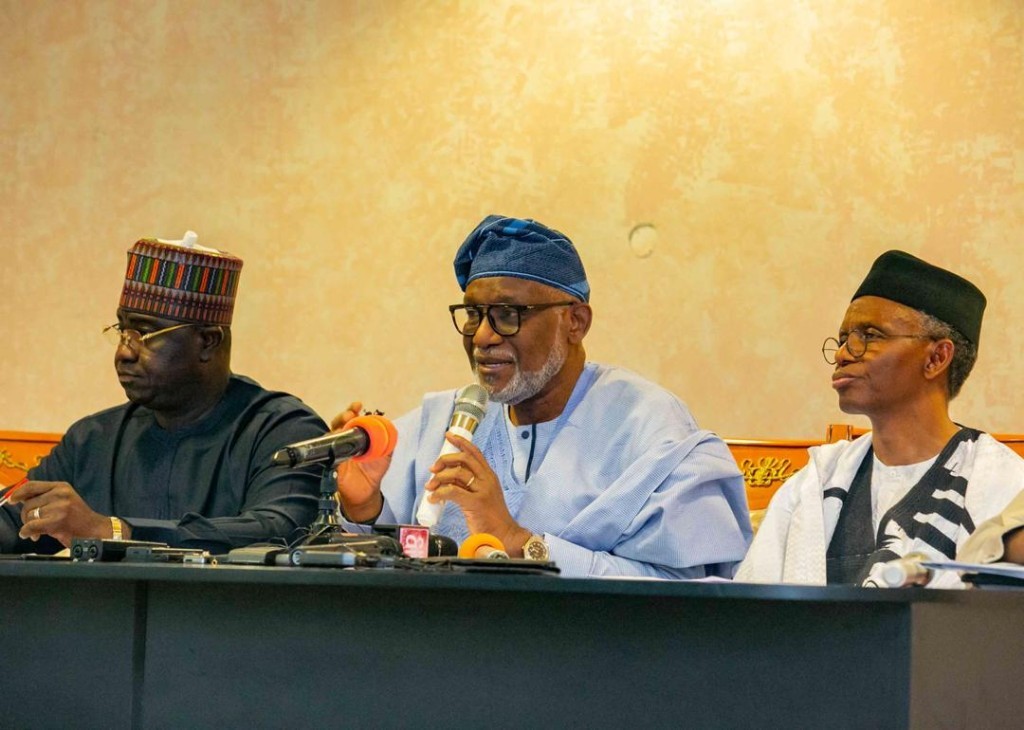At the end of the National Economic Council (NEC) meeting yesterday, the council disclosed that the Federal Government had resolved to borrow N2 trillion from the current N10 trillion pension funds to finance the development of infrastructure.
It also pronounced a national emergency on the power sector, noting that the Federal Government had pumped N1.7 trillion into the sector in the last three years with little or nothing to show for it.

The Governor of Kaduna State, Malam Nasir el-Rufai, noted that the decision to tap into the pension funds was reached by a NEC committee headed by him.
Notably, he cited that the committees’ decision is consistent with the Pension Reform Act 2004, which empowers the government to borrow 20% of the fund to address national issues.
Over the years, Nigeria’s widening infrastructure deficit has been a recurring discourse as it is widely believed that the weak stock of infrastructure investments is one of the biggest challenges to the ease of doing business. From poor port infrastructure, dilapidated transport networks, epileptic power supply, huge housing deficit, Nigeria’s infrastructure gap cannot be overemphasized.
According to the IMF, Nigeria’s infrastructure stock of c.25% of GDP remains far below the 70% international benchmark. This implies that the country’s public capital stock per head is lower than the global average, a situation that has continued to hinder growth in GDP and private sector investment.
While the government has relied heavily on a combination of internal and external financing to fund capital projects, the overall impact on the operating environment remains negligible as manufacturers and SMEs continue to grapple with bottlenecks which ultimately make their goods more expensive and less competitive when compared to their peers in other countries.
In recent times, government reliance on borrowings has raised concerns on the sustainability of public debt given the huge interest payment incurred in debt servicing.
In our view, we think the current fiscal structure of government characterized by weak government revenue, elevated recurrent expenditure, high cost of governance and ballooning debt servicing cost made the government consider unconventional methods of financing to bridge the huge infrastructural deficit.
In principle, the long-term investment horizon of pension funds makes them ideal funding source for financing infrastructure. These investments are expected to generate predictable and stable cash flows which are used to service the debts over time.
Given the past history of incomplete or abandoned infrastructure projects, project delays and cost overruns by the Federal Government, we believe pension funds may be reluctant in extending funds to government projects as this may affect the returns on their assets and ultimately the realization of retirement benefits for their principals.
NAIRAMETRICS
